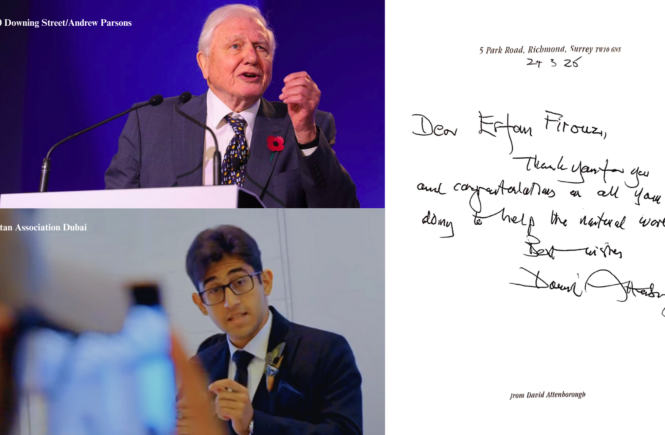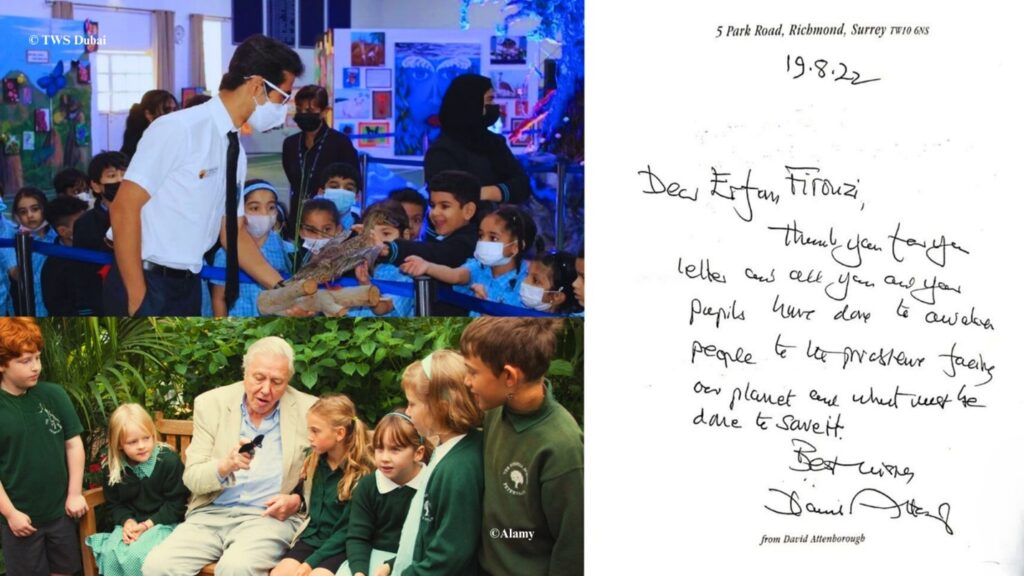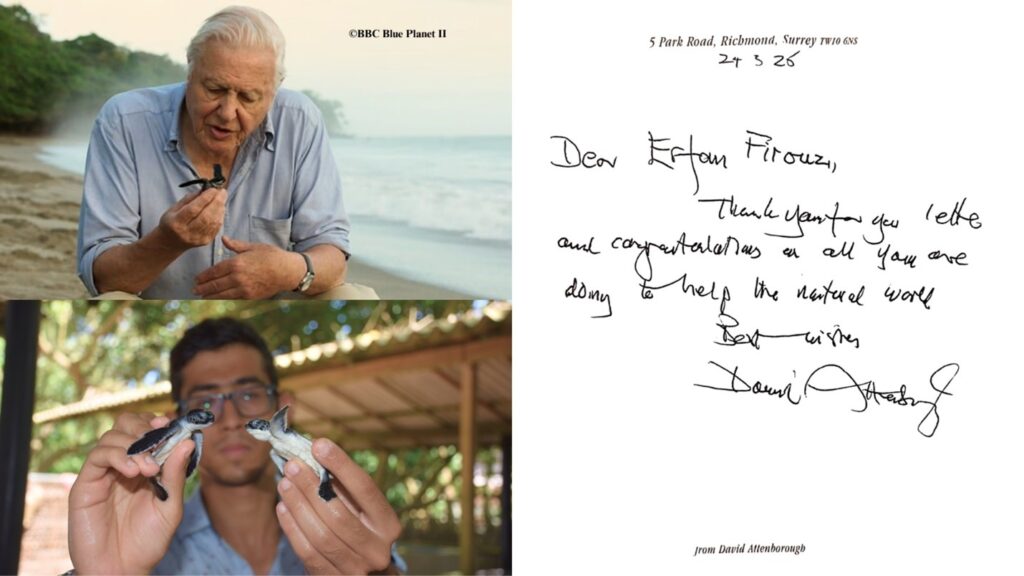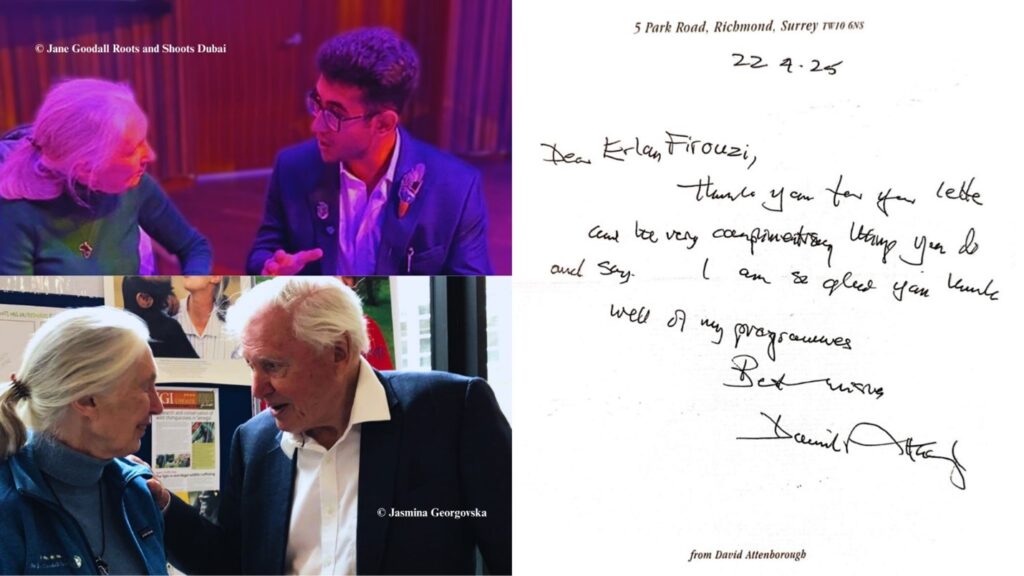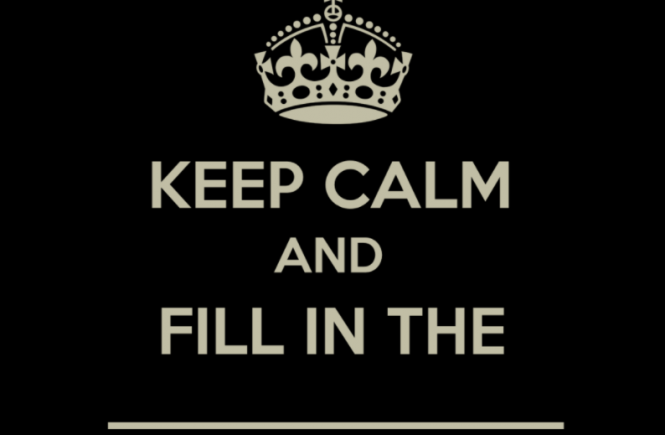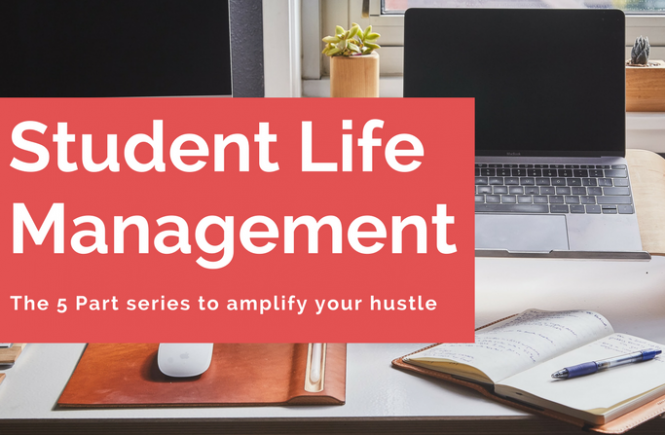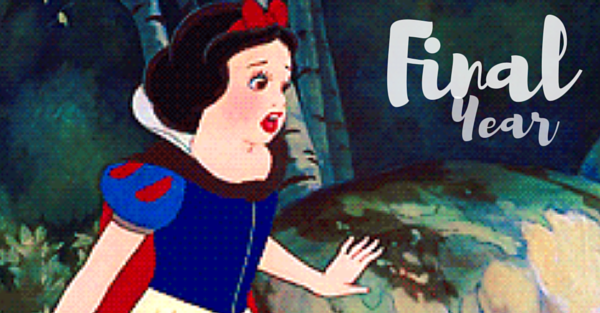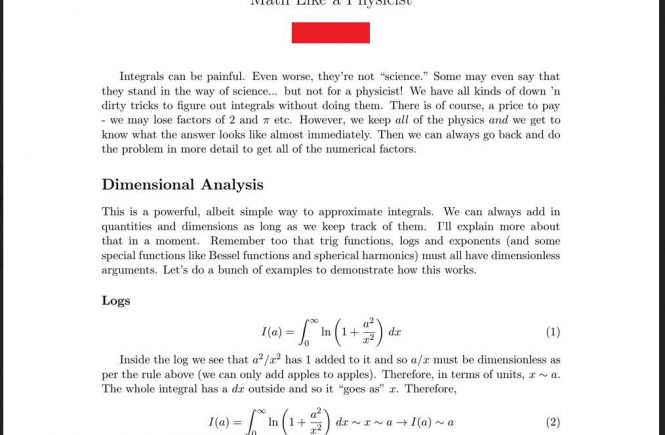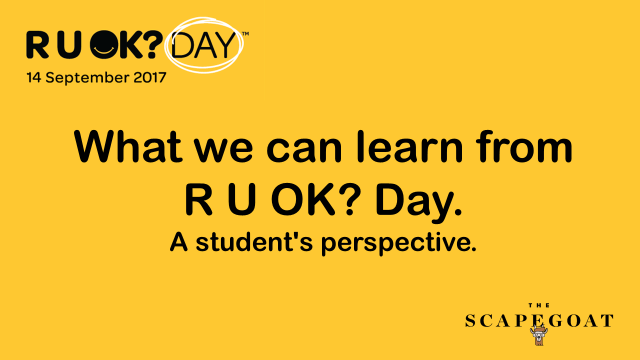Erfan Firouzi’s journey as a conservationist is one of curiosity transformed into purpose—a path marked by wonder, scientific rigor, and a deep commitment to the natural world. From his earliest encounters with the wild to the global stages he now occupies, his work is a testament to the power of youth-driven change. Along this journey, the words of Sir David Attenborough, a figure Erfan has long admired, have served as both a compass and a call to action, inspiring him to push forward in his mission to protect the planet’s biodiversity.
Erfan’s connection to nature began in his childhood, in landscapes teeming with life. Growing up surrounded by mountains, rivers, and forests, he developed a fascination with the delicate balance of ecosystems and the silent conversations that unfold in the wild. The documentaries of Sir David Attenborough, which brought the wonders of the natural world into his living room, ignited a fire within him—a desire not just to observe but to understand and protect these fragile systems. This fascination was further deepened by the groundbreaking theories of Charles Darwin and the passionate conservation work of Dr. Jane Goodall. Together, these influences shaped Erfan’s worldview, inspiring a lifelong commitment to conservation.
As a teenager, Erfan began to channel this curiosity into serious scientific inquiry. He spent countless hours in the field, documenting species, observing animal behavior, and studying ecological patterns. This hands-on approach to learning culminated in the publication of his research book, “The Year Earth Changed.” The book, which expanded on his TEDx Talk, explored the profound shifts in ecosystems during the global lockdowns, highlighting the interconnectedness of natural systems and the urgent need for conservation. It was a bold step for a young scientist, reflecting his ability to bridge scientific understanding with public awareness.
Erfan’s journey deepened when he joined the Jane Goodall Institute’s Roots & Shoots program. This experience allowed him to connect scientific theory with real-world action, teaching him the importance of grassroots conservation and the power of community. It also led to a personal invitation from Dr. Jane Goodall herself to join the Jane Goodall Institute of Australia—a moment that further solidified his place as a young leader in the conservation movement.
Erfan’s commitment to conservation extends beyond writing and advocacy. Over eight years of meticulous fieldwork, he collected over 300 animal and plant specimens, which he later donated to Azad University and the Museum of Nature and Technology of Shiraz. These specimens, carefully curated to reflect the diversity and complexity of natural ecosystems, serve as vital educational resources, helping students and researchers better understand the intricate web of life. This work not only demonstrates Erfan’s scientific rigor but also highlights his commitment to preserving nature through education—a critical component of his conservation mission.
As Erfan’s voice in conservation grew, his work captured the attention of Sir David Attenborough. The first letter from Sir David, sent in late 2023, came after Erfan shared his conservation journey and the impact of his educational efforts. This letter, a powerful affirmation from a figure he deeply admired, marked a turning point in his journey:
“Dear Erfan Firouzi,
Thank you for your letter and all you and your pupils have done to awaken people to the pressures facing our planet and what must be done to save it.
Best Wishes,
David Attenborough”
Encouraged by this recognition, Erfan continued to push the boundaries of his work. He presented his research at prominent global forums like COP28, COY18, and TEDx, where his voice reached thousands, challenging leaders to take decisive action against biodiversity loss. His leadership roles, including Youth Council Member at Reserva and former Leader of Change with Emirates Nature-WWF, further solidified his position as a youth leader in conservation. In recognition of his efforts, he received accolades such as the Storyteller of the Year by WeNaturalist, Junior Eco Champion for COP28, and a Top 50 Finalist for the Chegg.org Global Student Award.
As Erfan prepared to begin his studies at Monash University, a second letter arrived on March 24, 2025, from Sir David. This note recognized his growing influence as a young environmental advocate and encouraged him as he embarked on the next phase of his journey:
“Dear Erfan Firouzi,
Thank you for your letter and congratulations on all you are doing to help the natural world.
Best Wishes,
David Attenborough”
Most recently, on April 22, 2025, Erfan received a third letter from Sir David, just ahead of the release of the iconic naturalist’s latest documentary, “Oceans with David Attenborough.” This message reflected Sir David’s appreciation for Erfan’s continued support and his commitment to raising awareness about conservation:
“Dear Erfan Firouzi,
Thank you for your letter and the very complimentary things you do and say. I am so glad you think well of my programmes.
Best Wishes,
David Attenborough”
For Erfan, these letters are more than personal milestones—they are a call to action, a reminder of the shared mission to inspire a new generation of environmental stewards. They reaffirm his commitment to conservation and serve as a powerful source of motivation as he continues his work.
Reflecting on his journey, Erfan emphasizes the power of youth-driven change:
“I believe that in order to understand something, we must first be able to relate to it. This understanding comes from curiosity. If even one person is inspired, it can create a huge impact. Children have lost their connection with nature, and we must help them reconnect with the wild world. Together, we can REWILD the world.”
Erfan’s story showcases the power of youthful passion and perseverance. As a passionate protector of the planet, his journey serves as a reminder that impactful change often starts with a single voice. Guided by mentors like Sir David Attenborough, he continues to inspire a more sustainable future.
Erfan Firouzi is a Monash Biological Sciences Student, Naturalist, Researcher and Author.

